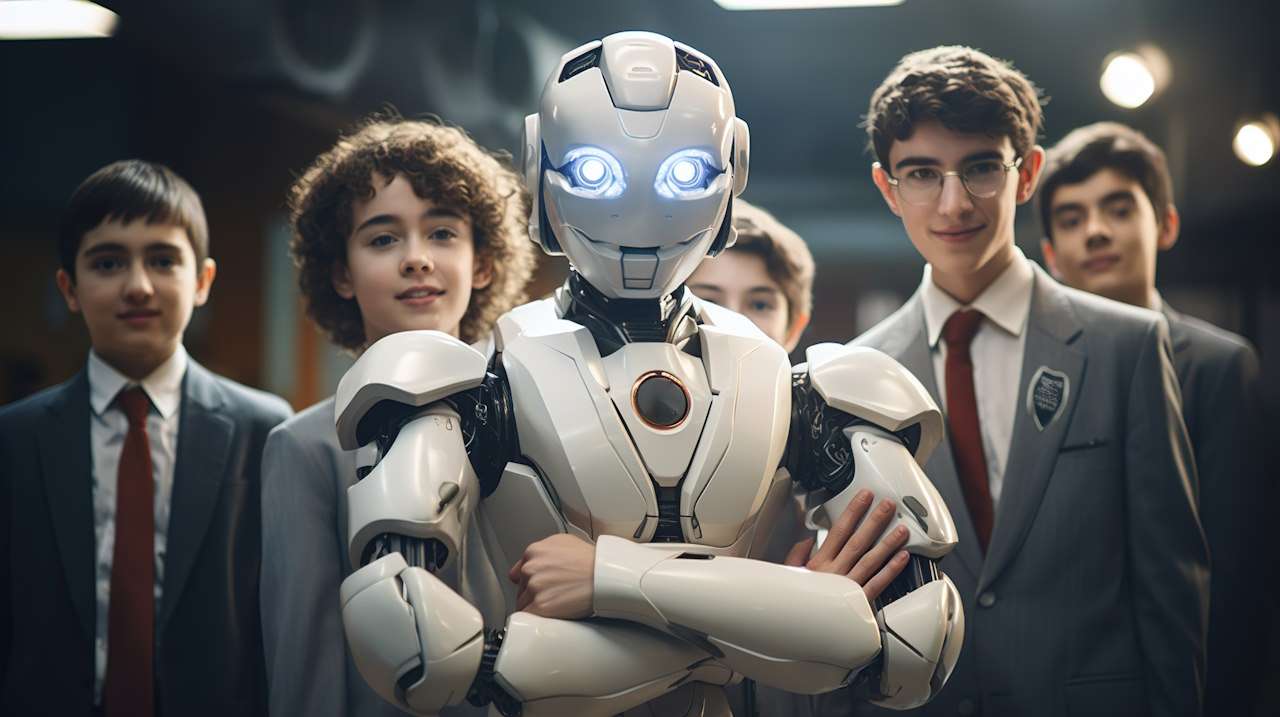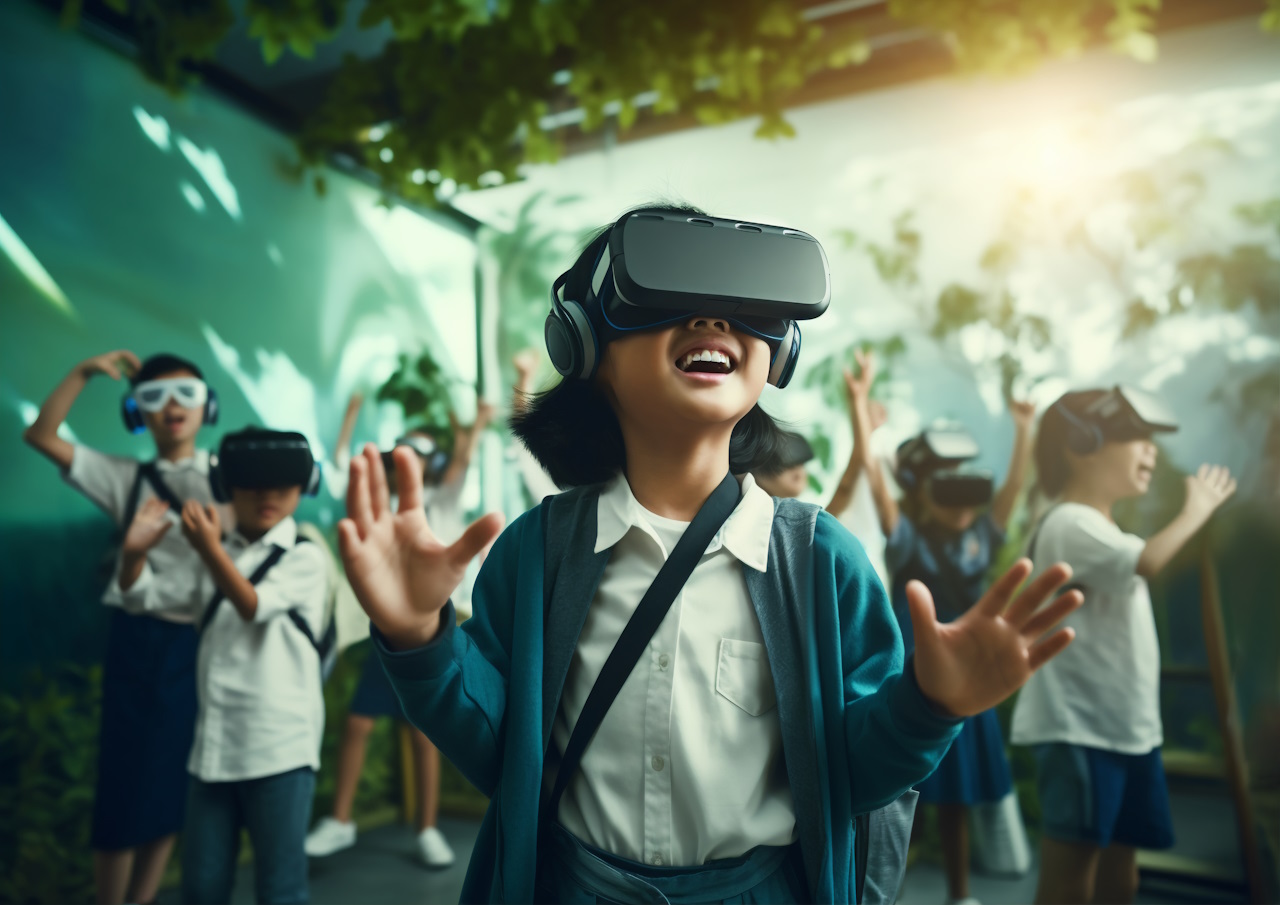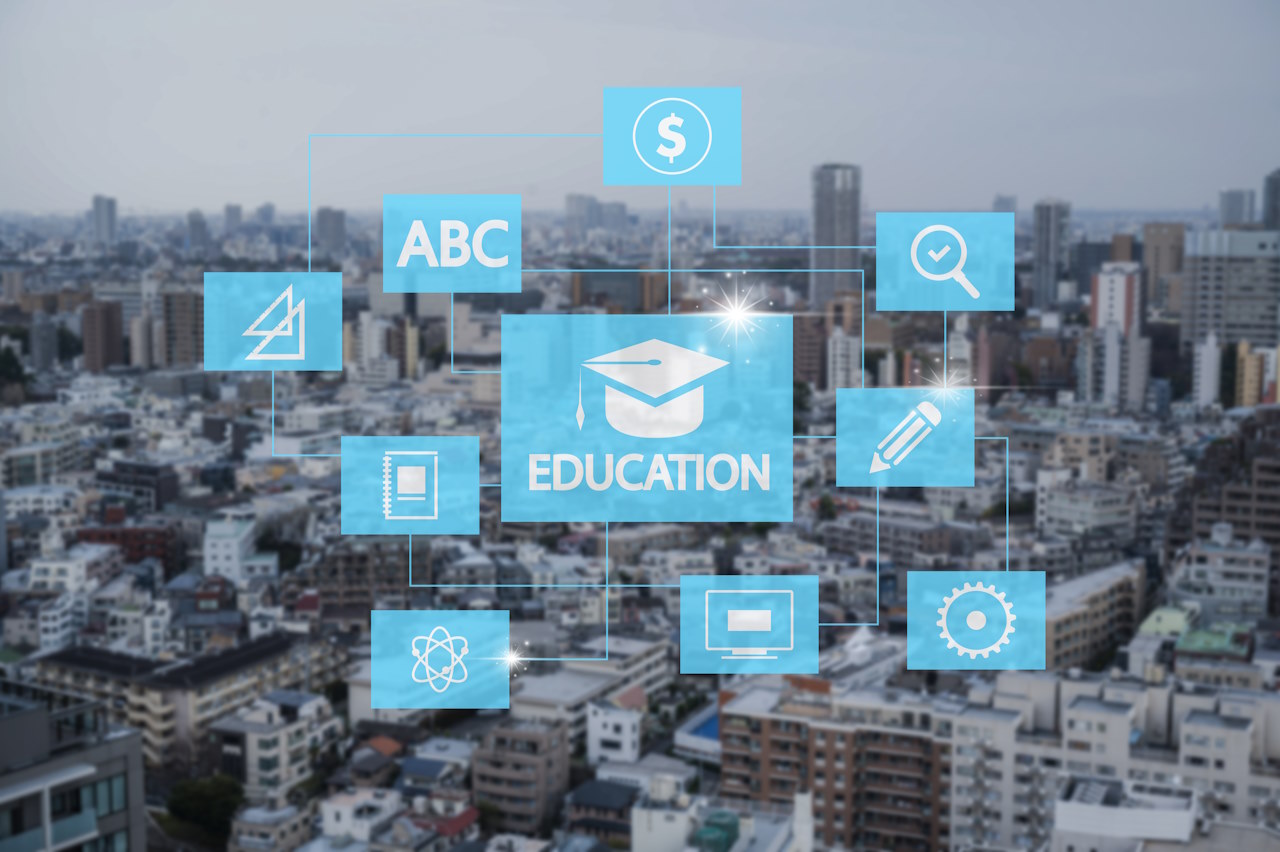As technology rapidly evolves, it’s reshaping how we approach education. Artificial intelligence (AI) is now playing a crucial role in meeting the individual needs of students, helping both learners and educators to navigate the learning process more effectively. This transformation suggests a future where AI could be a powerful tool to enhance personalized education, providing a more interactive and efficient learning experience.

As technology rapidly evolves, it’s reshaping how we approach education. Artificial intelligence (AI) is now playing a crucial role in meeting the individual needs of students, helping both learners and educators to navigate the learning process more effectively. This transformation suggests a future where AI could be a powerful tool to enhance personalized education, providing a more interactive and efficient learning experience.
The Promise of Artificial Intelligence in Education
AI is a transformative technology capable of performing tasks that typically require human intelligence. Examples like Siri or Alexa give us a glimpse of AI’s potential, but Google, OpenAI, and other tech leaders are working on far more sophisticated systems. As AI grows in capacity, it brings significant potential to reshape education. For example, OpenAI developed an AI system that was able to outperform some of the best players in the game Dota 2 within weeks. This impressive learning capacity raises the question: how could AI influence the world of education?
Personalized Learning with AI
AI-driven systems can personalize learning in ways that were previously impossible. By analyzing data on each student’s performance and learning pace, AI can adapt lessons and resources to meet individual needs. This means that each student can progress through material at their own pace, receiving targeted support when they need it. Rather than replacing traditional teaching, AI augments the educational experience, allowing students to thrive in a system tailored to their learning style.
With personalized feedback and insights, AI helps teachers identify strengths and weaknesses, enabling more informed and effective instruction. In this way, AI allows teachers to move beyond one-size-fits-all approaches, helping students reach their potential through a data-driven understanding of their unique needs.
Addressing Concerns: Can AI Replace Teachers?
There is a common concern about whether AI might one day replace teachers. However, AI in education is not meant to replace human interaction but to enhance it. Teachers bring irreplaceable skills, like empathy, adaptability, and a deep understanding of their students’ social and emotional needs. AI serves as a tool to assist teachers, providing insights and automating certain tasks to free up time for teachers to engage in meaningful interactions with students.
For example, when a student is struggling, AI can recommend additional resources or alternative explanations. This insight allows teachers to personalize their support, giving students the individualized guidance they need to succeed. In this supportive role, AI can make the classroom more inclusive, where every student’s needs are better understood and addressed.
The Role of AI in Education: Shaping the Future of Learning
The incorporation of AI into education promises a new level of flexibility and adaptability, where students always have access to the latest information in a format that works for them. AI-supported platforms allow educators to streamline lesson planning, performance tracking, and feedback, helping schools to meet high educational standards more effectively.
AI-powered adaptive learning systems are already making it easier for students to develop a proactive learning approach, where they can seek and explore knowledge at their own pace. In this way, AI is not just a technological addition to classrooms but a shift in how we think about teaching and learning. By analyzing patterns and providing feedback, AI can assist in preparing students for a future where continuous learning and adaptability are essential.
Embracing the Future of Education with AI
The potential for AI to revolutionize education lies in its ability to complement, not replace, the human touch in learning. By focusing on each student’s progress and needs, AI helps create a more flexible, student-centered educational environment. This technology does not replace traditional educational practices; rather, it adds a new dimension, equipping teachers with data-driven insights to guide their students more effectively.
As AI continues to evolve, it is likely to become an even more integral part of education, not only improving learning outcomes but also making education more accessible, personalized, and responsive to the needs of every student. This technology is paving the way for an education system where learning is no longer constrained by rigid standards, but instead, guided by a vision of flexibility, inclusivity, and continuous growth.







